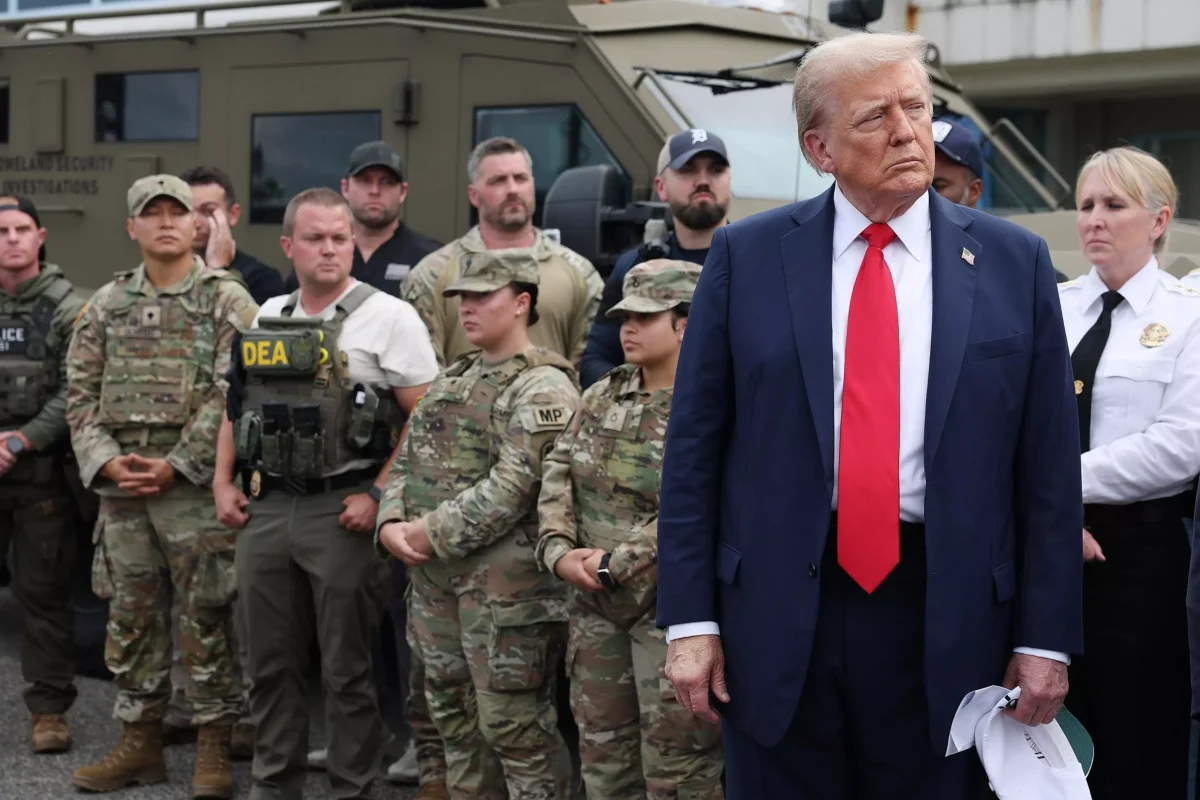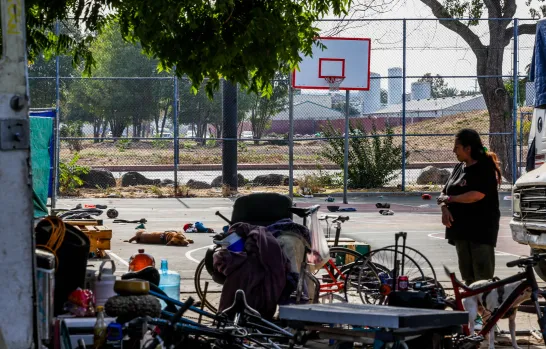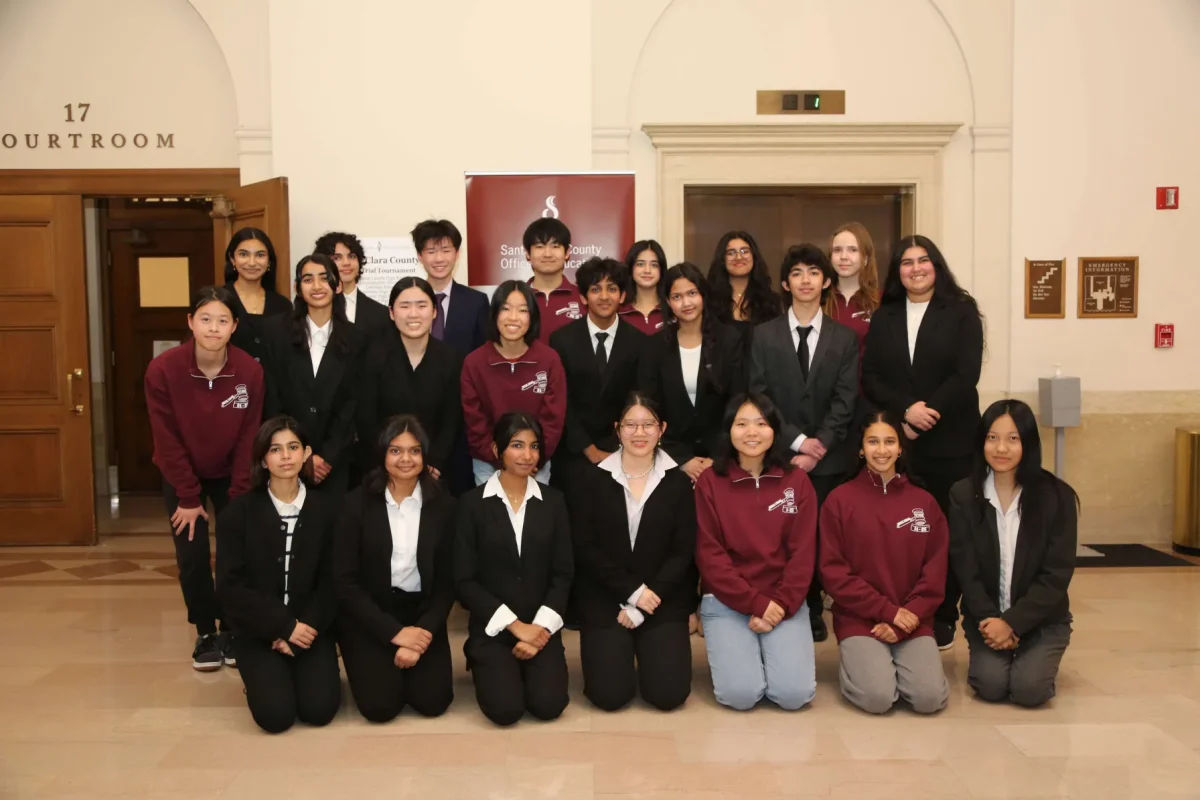On Aug. 22, 2025, President Donald Trump threatened to send the National Guard to San Francisco to regulate crime. During an announcement in the White House, Trump mentioned his intentions to move the National Guard between different places in the United States, including Chicago and San Francisco, to further his efforts to reduce crime in large cities.
“Look at what Democrats have done to San Francisco. They’ve destroyed it,” Trump said. “We could clean that up, too.”
Trump’s intentions are reasonable; San Francisco is a large city with many cases of violent crimes appearing on the news. In 2024, San Francisco had a crime rate of 4,526 crimes per 100,000 people, which is significant given San Francisco’s population of over 800,000 people. However, statistics like this don’t necessarily show the real state of the city. When asked about the Bay Area’s crime rates, Cupertino High School Social Studies Teacher Sean Coleman said, “News broadcasts and social media show plenty of examples of crime occurring, but statistics regarding crime rates are somewhat different.” We can see this in statistics from the Federal Bureau of Investigation’s Uniform Crime Reporting Program, which shows that San Francisco’s violent crime rate has been decreasing since 2018, contradicting Trump’s statement. The current violent crime rate is 18% less than it was in 2018. Additionally, the San Francisco Police Department recorded a total of 14,490 theft cases in the first 9 months of 2024, and 11,281 in the first 9 months of 2025 — a 22% decrease.
Moreover, the National Guard’s presence will impact the residents of the area. Said Coleman, “I think that a lot of residents worry that having National Guard members around only serves to instill fear in regular citizens.”
The situation is unprecedented. Prior to the Trump administration, the National Guard had never been deployed to an area to “clean up” crime. This is due to the Posse Comitatus Act, originally introduced in 1878. This act was created to prevent the Army and Air Force from being used in civilian matters.
Prior to this event, Trump deployed the National Guard in Los Angeles, which resulted in him being taken to court by the state of California. United States District Judge Charles Breyer ruled that Trump had indeed violated the Act and that the National Guard’s future interactions with civilians in California should be restricted to comply with the Posse Comitatus Act. This would prevent the federally-deployed National Guard from completing routine police tasks, such as making arrests or performing security patrols. However, Trump has been known to ignore court orders on previous occasions, such as in other cases involving deportation from district courts in Maryland and Washington D.C. At this time, it is difficult to determine the extent to which Breyer’s ruling will take place should the National Guard be deployed.











